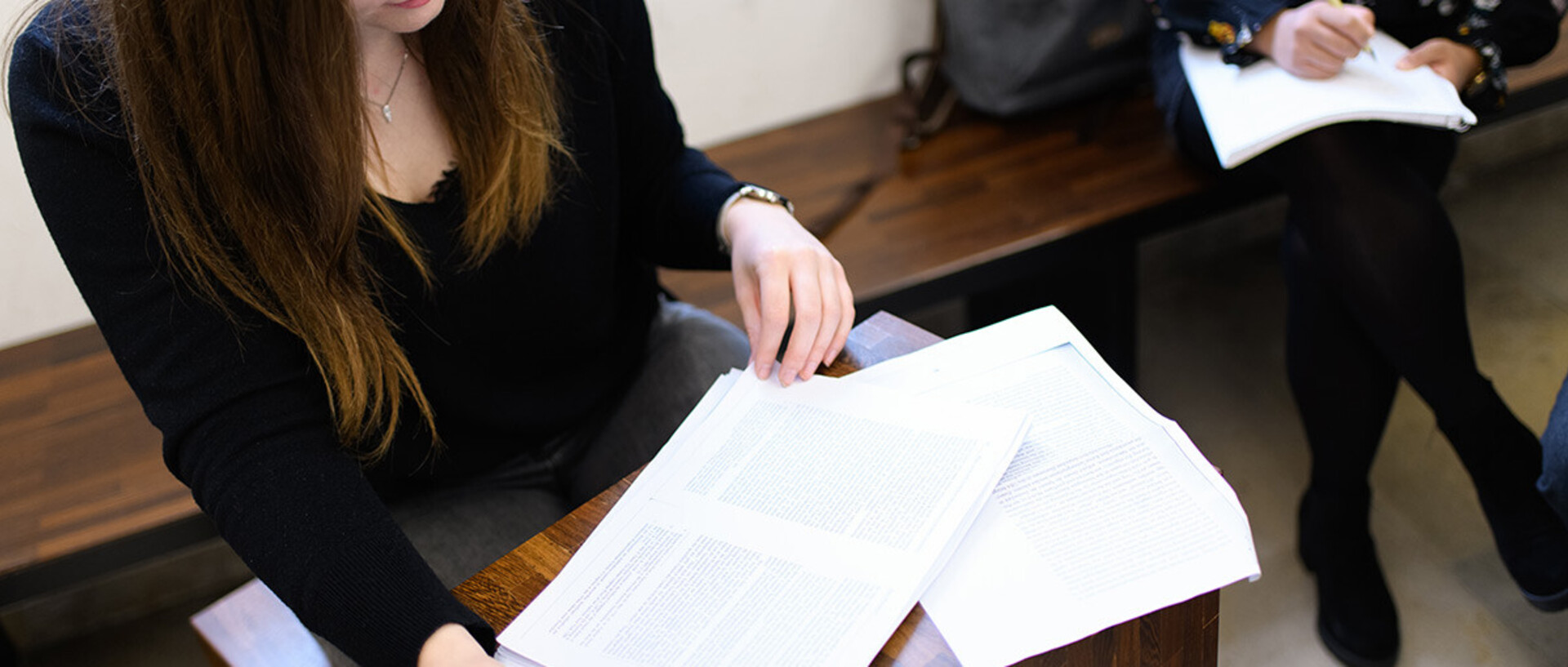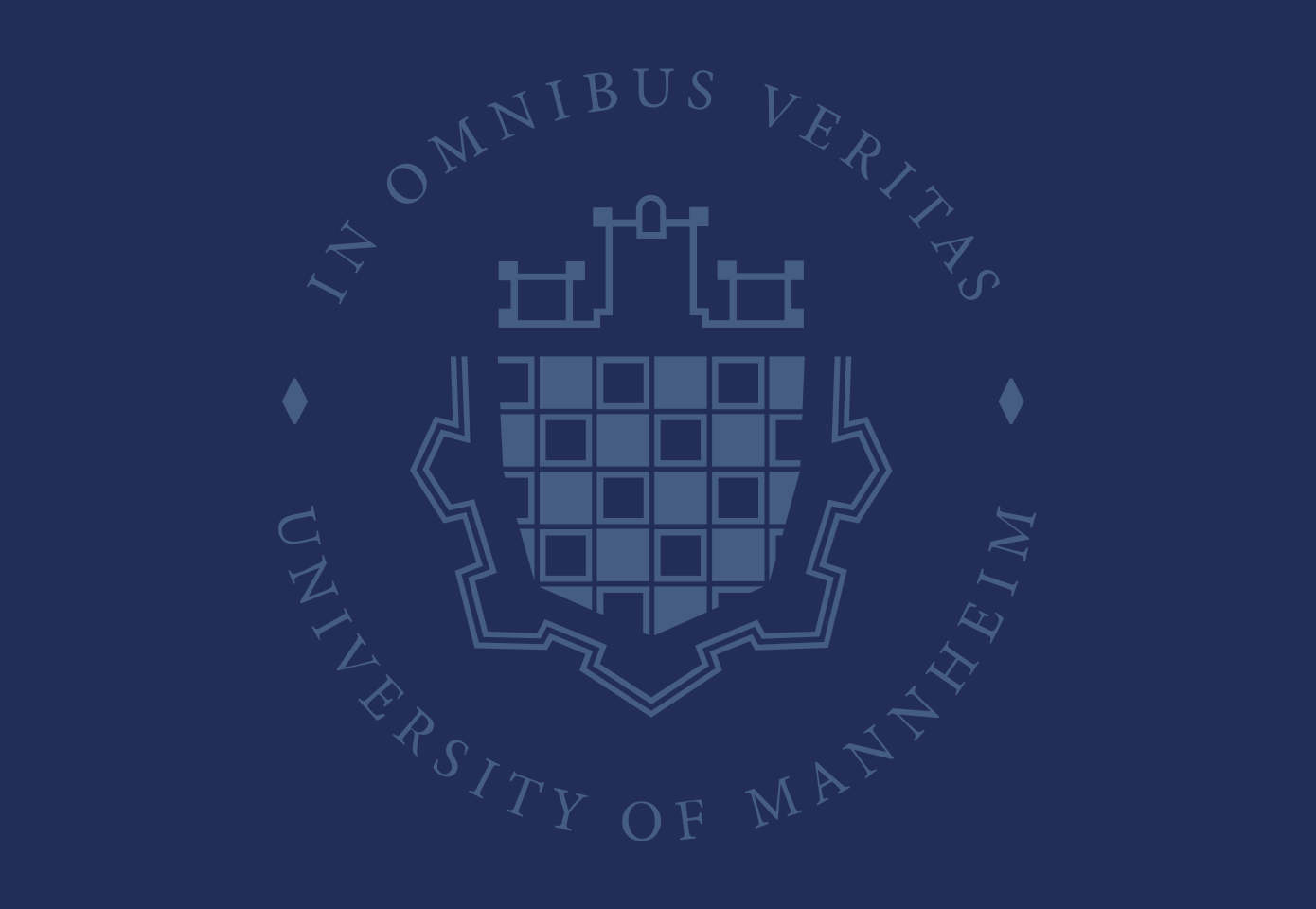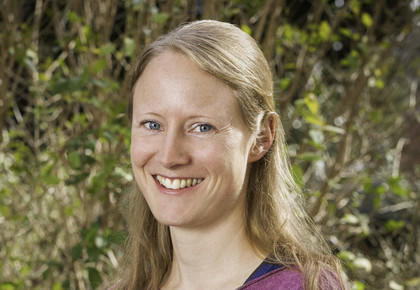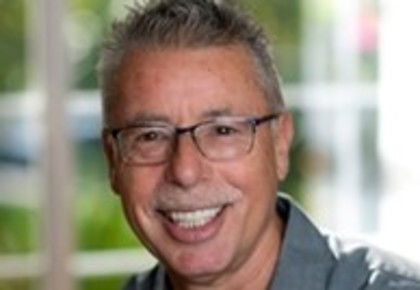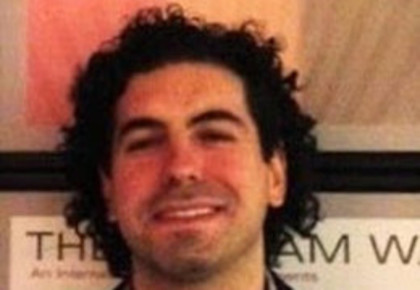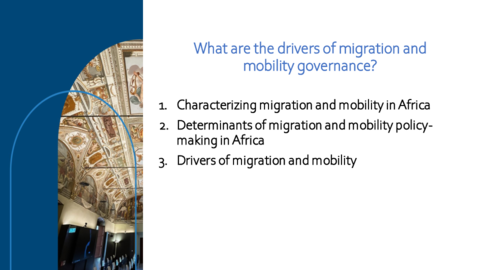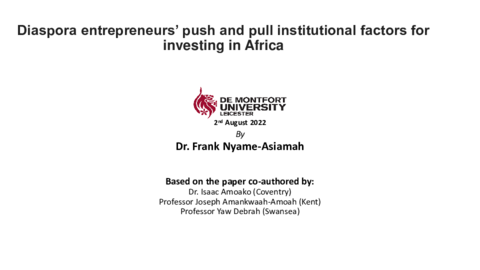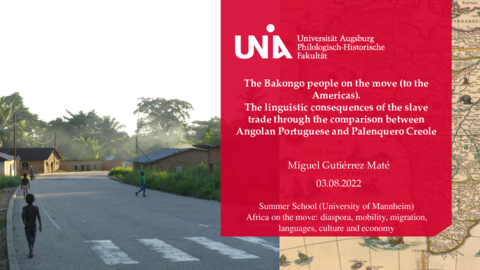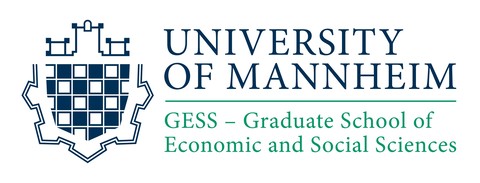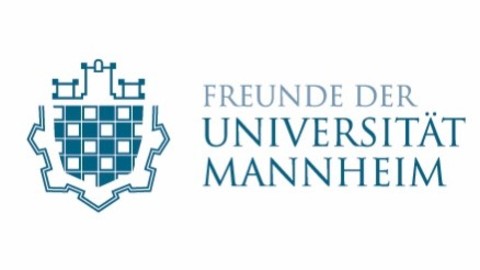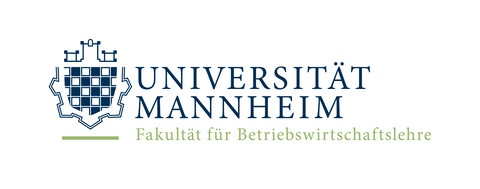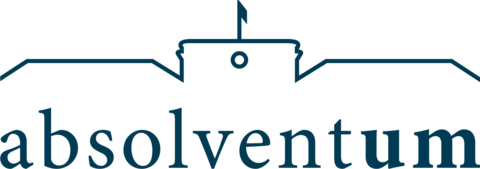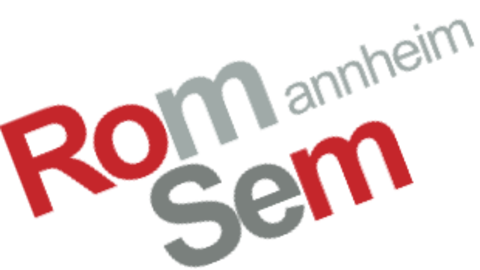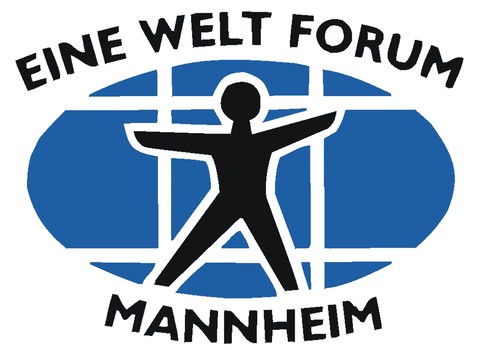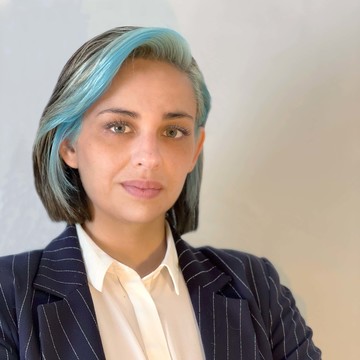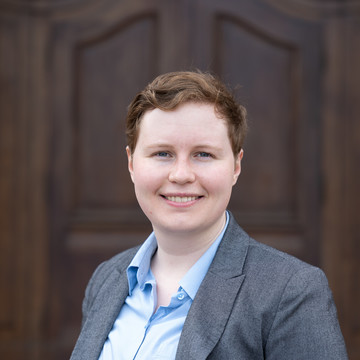Summer School “Africa on the Move”
Title: Africa on the Move: diaspora, mobility, migration, languages, culture, and economy – Researching transnational political, economic, linguistic and cultural biographies in an inter- and transdisciplinary manner
When: 1 August to 5 August 2022
Language: German and English
Documentation: Recorded presentations and written summary
About the Summer School
The “Africa on the Move” Summer School was an intensive, one-week summer program organized and led by two doctoral students from the University of Mannheim. The program offered a platform for a transdisciplinary exchange intended to facilitate dialogue between science and society. Students and participants had the opportunity to deal with the topic of migration from different perspectives. The topic of the summer school was “Africa on the move: diaspora, mobility, migration, languages, culture and economy – Researching transnational political, economic, linguistic and cultural biographies in an inter- and transdisciplinary manner”.
The Summer School took place at the University of Mannheim from August 1st, 2022 to August 5th, 2022.
Below you can access the program, recorded lectures and a documentation of the summer school.
Afrodiaspora in Europe
Migration, movement of peoples and mobility in general are an ancient human phenomenon. The advancing globalization and technological developments show a clear and ever increasing flexibility and democratization of mobility, both of people and goods – of material and intellectual nature. In Europe, more and more international and transnational networks are forming within diaspora groups that actively maintain their cultural identity(ies).
For the investigation of the diaspora movements within this summer school, the focus is set on the Afrodiaspora in Europe and America (North, Central and South America).
The growing relevance of African migration in European discourse is reflected in various reports on the subject that have been published by foundations and other institutions in recent years (e.g. Africa Migration Report 2020; Angenendt et al. 2021). However, the focus of the publications is mainly on the irregular migration of African people, although recent studies show that about 94% is legal (Achieng/El Fadil 2019: 1).
The discourse is therefore by no means neutral, but rather shaped by attitudes and attitudes from a European perspective. Migration movements from Africa to western countries tend to be viewed as a threat. Migration is seen as a problem from a European perspective and does not take into account that mobility is at the heart of the cultural practices of most African peoples.
The aim of the “Africa on the Move” Summer School was to take a transdisciplinary look at the interactions – on a social, economic, cultural, political, linguistic and artistic level – of the diaspora movements. A one-week linguistics seminar was offered for this purpose. The program was supplemented by a mixture of lectures from the scientific disciplines of political science, economics and linguistics and civil society, as well as an artistic workshop.
References:
- Achieng, Maureen/
El Fadil, Amira (2019): „What is wrong with the narrative on African migration”. In: Adepoju, Aderanti/ Fumagalli, Corrado/ Nyabola, Nanjala (Hrgs.): Africa Migration Report. Challenging the Narrative. Kirkos Sub-city/Yemez, Ethiopia: International Organization for Migration. S. 1–14. - Adepoju, Aderanti/
Fumagalli, Corrado/ Nyabola, Nanjala (2019): Africa Migration Report. Challenging the Narrative. Kirkos Sub-city/Yemez, Ethiopia: International Organization for Migration. - Angenendt, Steffen/
Biehler, Nadine/ Kipp, David (2021): Cities and Their Networks in EU-Afrika Migration Policy. Are They Really Game Changers?. Berlin: Stiftung Wissenschaft und Politik.
Goals
The aim of this summer school was to bring together different actors from science and society. The focus was on the differences in the perception and understanding of Afrodiaspora in the individual areas. Students should gain a broader perspective that enables them to understand the importance of collaborating with other disciplines and other actors to study complex phenomena. The following points were covered:
- Inquiry about the state of research in the selected disciplines
- Presentation of terminology and methods of the respective disciplines to detect synergies.
- Comparison of the presented state of research – terminology, models, theories – with reports from actors of the Afrodiaspora on their lives and their experiences
Videos & Slides
Some of the lectures in the afternoon were recorded and can be accessed under the respective tabs. The videos are available in the respective lecture language.
Political Science
Migration policy-making in Africa: Determinants and implications for cooperation with Europe (Slides)
Mehari Maru
Paradigm shift or reinventing the wheel? Towards a research agenda on change and continuity in EU development policy (Video)
Jan Orbie
Beratungsprojekt: Afrika im Blick
Martin Adelmann
Business & Economics
Linguistics
The Bakongo people on the move (to the Americas). The linguistic consequences of the slave trade through the comparison between Angolan Portuguese and Palenquero Creole (Slides)
Miguel Gutierrez Maté
Activism and Culture
